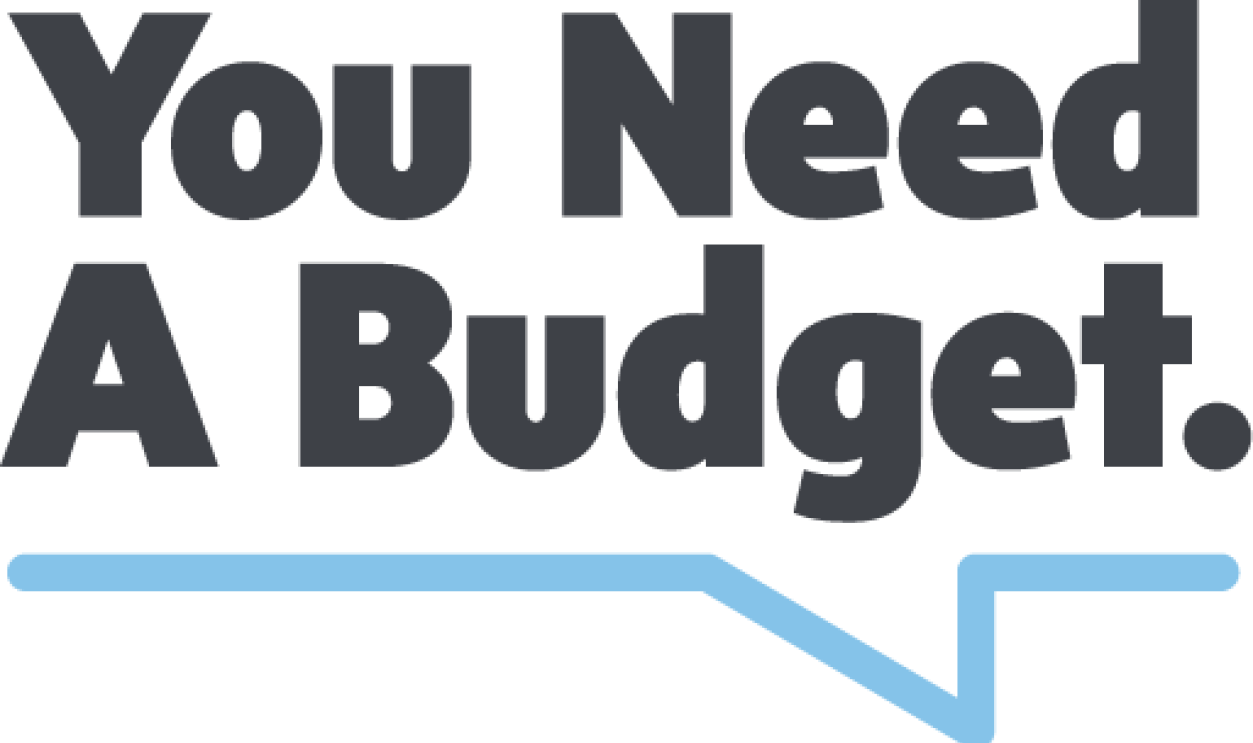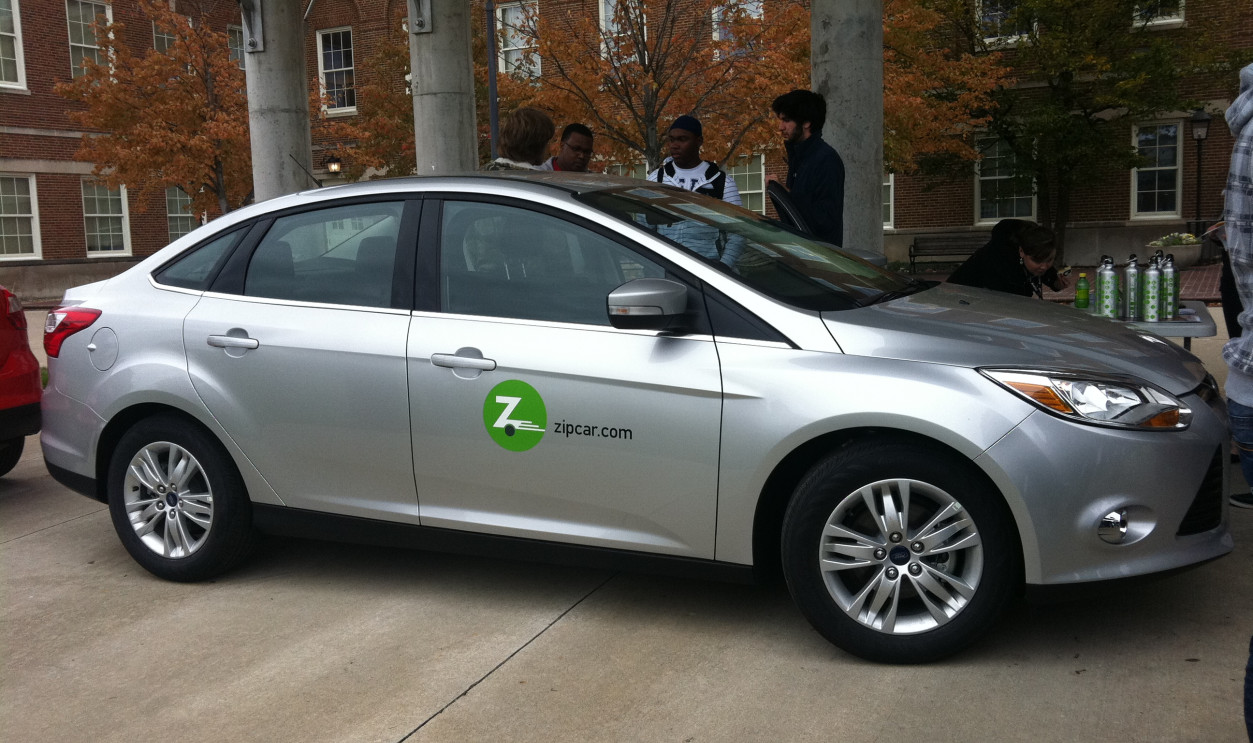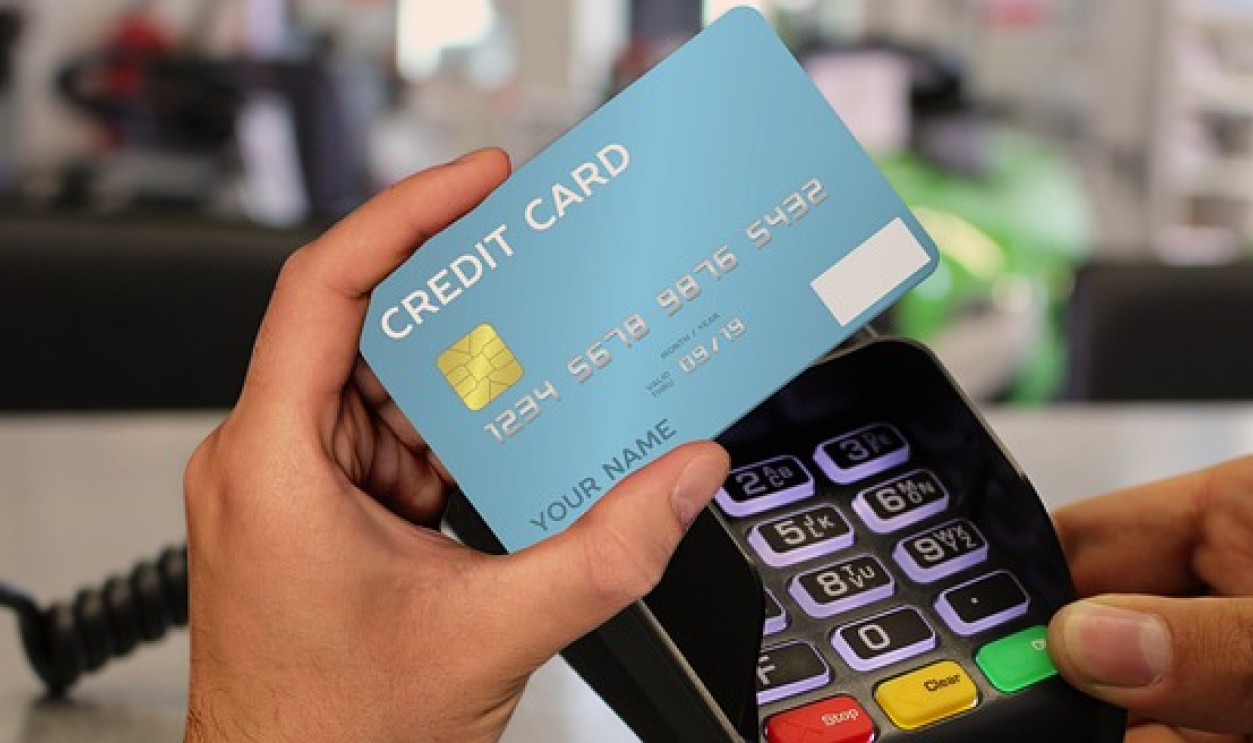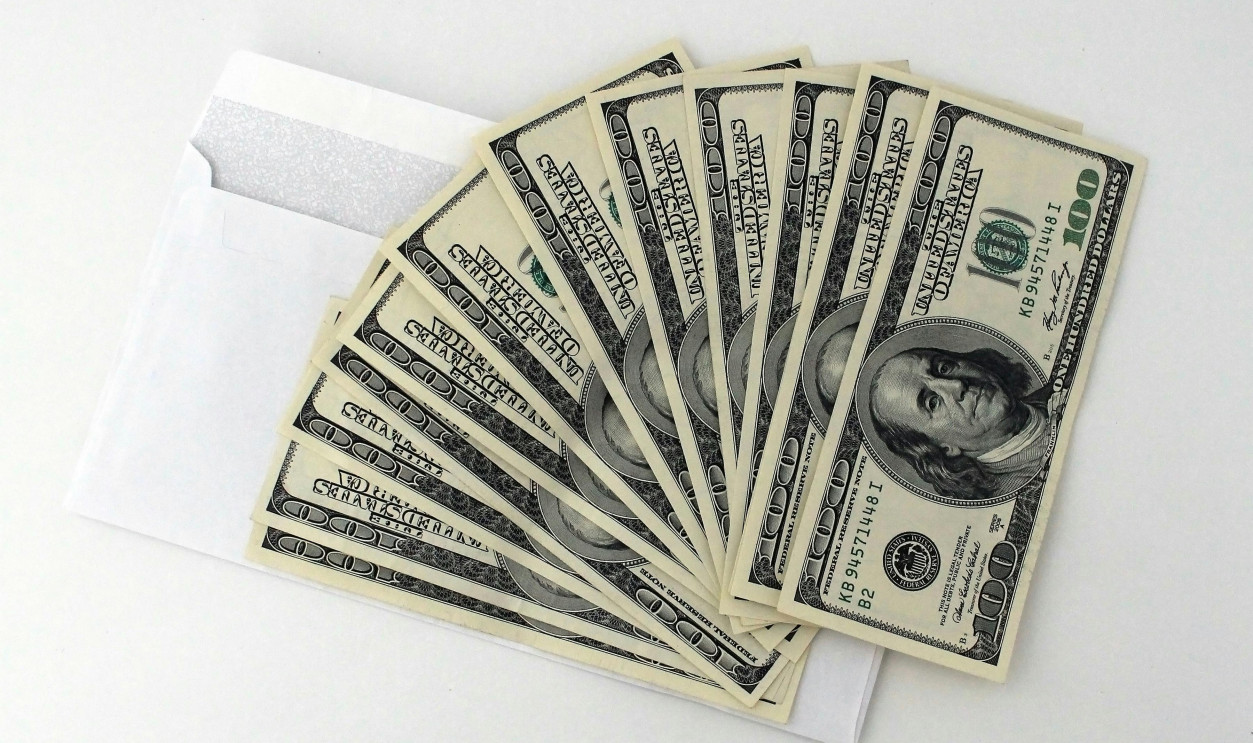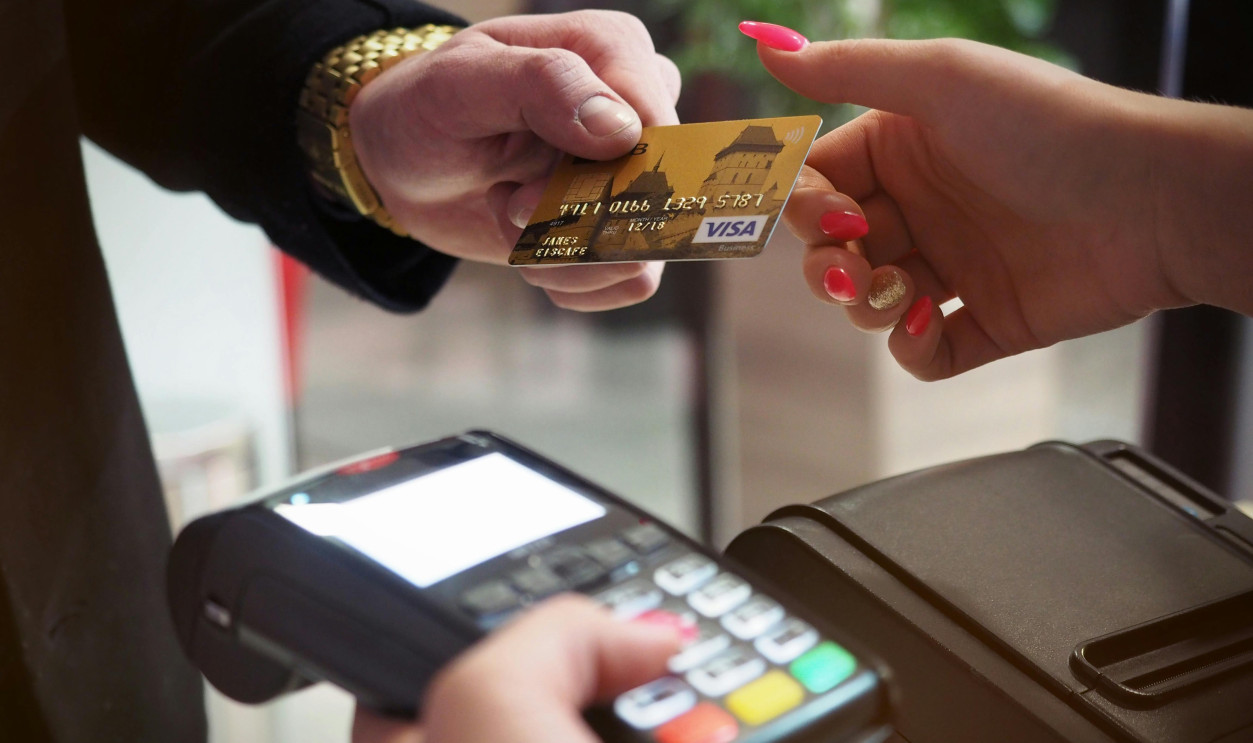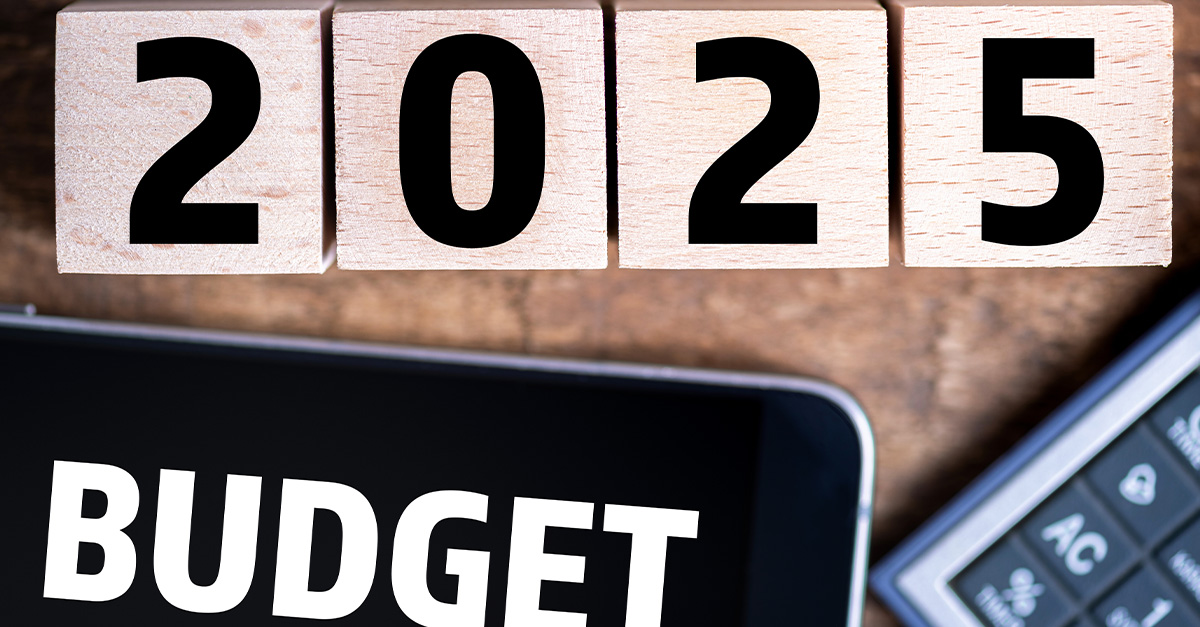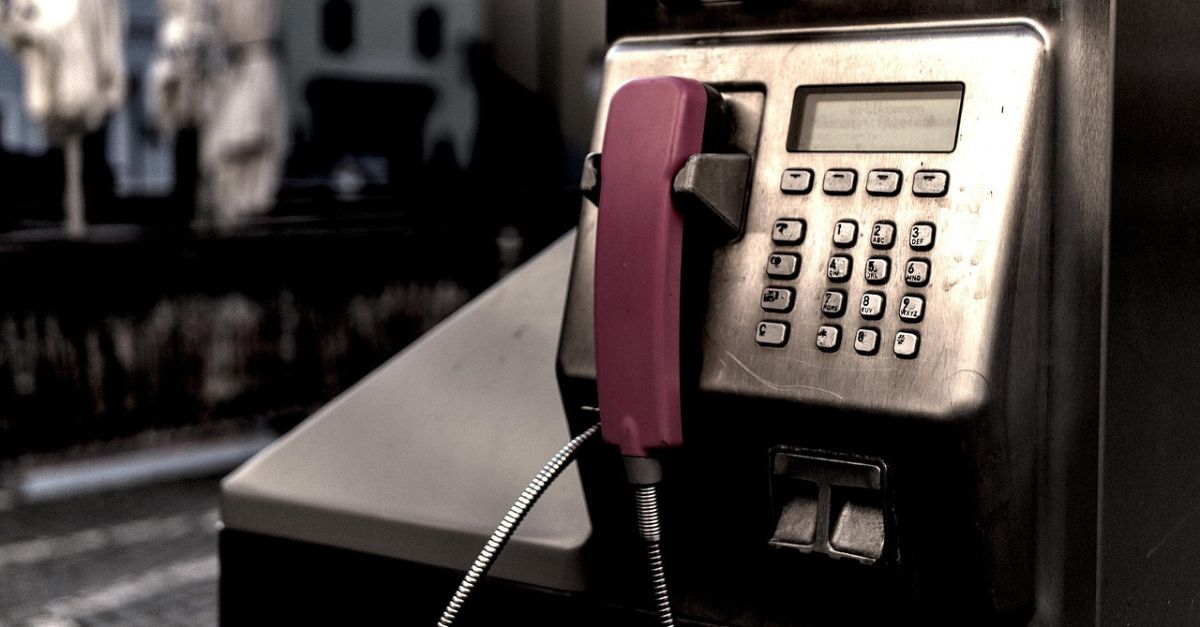Hard But Doable
The first time you’ll have only to use $2,000 for an entire month, you might panic. Rent, groceries, bills—how is this supposed to work? But instead of drowning in stress, you can get creative. If you don’t know, it’s time to find out, starting with your mindset.

Shift To A Mindset Of Financial Control
Mindset is everything perceived. So, instead of seeing strategies such as budgeting as a sacrifice, view them as a power move. It is real financial control to choose where your money goes instead of letting it slip away. Learning to say yes to long-term security makes all the difference.
Create A Budget
Spending without tracking is driving blindfolded—you’ll crash eventually. The fix? A simple budget. List non-negotiables (rent, food, bills), set aside savings, and assign a spending cap for extras. No fancy apps needed—a basic spreadsheet or notebook works. Know your numbers, and you control your money, not the other way around.
 Photo By: Kaboompics.com on Pexels
Photo By: Kaboompics.com on Pexels
Use Technology To Track Spending
A budget is only effective if you stick to it. Free apps like Mint, YNAB, or a simple spreadsheet can help track every dollar. Seeing where your money goes in real time makes it easier to cut wasteful spending. You have to realize that budgeting isn’t restrictive—it’s empowering.
Limit Eat Outs
Eating out is fun—until you see your bank balance. At $15 a meal, that’s $450 a month gone. Cooking at home slashes that cost, and guess what? It’s not boring. Master three go-to meals, use cheap ingredients in multiple ways, and watch your savings pile up. Home-cooked meals taste better.
Cut Grocery Bill Spending
Want to cut your grocery bill in half? Shop store brands, buy in bulk, and never—seriously, never—shop hungry. Stick to a meal plan, prep in advance, and use up every ingredient. Wasting food wastes money, and when every dollar counts, that’s a habit you can’t afford.
Adopt Dollar-Saving Transport Tactics
Transportation can drain your budget fast. Car payments, insurance, gas—it adds up. If public transit works for you, use it. If not, drive smarter: Carpool, use gas rewards programs and skip unnecessary trips. Small changes add up fast, and suddenly, you’re not burning cash at the pump.
Find Affordable Housing Solutions
Finding affordable housing is tough, but thinking outside the box helps. Roommates? A smaller place? Even unconventional choices like tiny homes or RVs can be game-changers. If you are living in a 400-square-foot apartment, you’ll save a ton—and barely miss the extra space.
Rethink Entertainment Expenses
Streaming services, dining out, and weekend outings seem harmless until they start swallowing your budget. The good news? Having fun doesn’t have to cost a fortune. Swapping a $50 night out for a $10 homemade dinner brings so much joy. Free events can keep life fun without the financial hangover.
Cut Non-Essential Subscriptions
A $10 charge here and a $15 fee there eventually adds up. But the saving grace is that canceling unused memberships and switching to free alternatives frees up extra cash. Banks, credit cards, and even streaming services often have hidden fees, and you need to review statements to cut unnecessary expenses.
Find Extra Income Without Burning Out
A side hustle can be a lifesaver if your budget still feels tight. The trick is finding one that fits your lifestyle. Driving for a rideshare service, freelancing online, selling items you no longer need, and offering a service like pet or babysitting can bring in quick cash.
Avoid Impulse Buys And Retail Traps
Retailers use tricks to make you spend more—limited-time sales, flashy displays, discounts, and store layouts. The best defense is to always have a shopping list and a budget. Unsubscribing from marketing emails, waiting 24 hours before making a purchase, and setting a strict spending limit all help curb unnecessary splurges.
Harness The Power Of Delayed Gratification
The joy of a new purchase fades fast, but financial security lasts. Learning to pause before buying something unnecessary builds discipline and protects your budget. Instead of instant gratification, focus on long-term goals. The thrill of financial stability and freedom is far greater than any impulse purchase.
Invest In Experiences Over Material Goods
Stuff fades, but memories last. When you go for experiences over material things, it leads to greater happiness and fewer regrets. A weekend road trip or a day exploring your city can be far more fulfilling than buying another gadget.
Avoid The Comparison Trap
Social media makes it easy to feel like everyone else lives lavishly, but appearances are deceiving. That influencer showing off a luxury vacation might be drowning in debt. You stay in your financial lane and focus on personal goals to gain success.
Celebrate Small Financial Wins
Every step forward matters. Whether it’s saving an extra $50, paying off a small debt, or sticking to a budget for a whole month, those wins matter. Acknowledge this progress to keep motivation high and build positive financial habits. The road to financial stability isn’t about perfection but consistency.
 Photo By: Kaboompics.com on Pexels
Photo By: Kaboompics.com on Pexels
Embrace A Debt-Free Mentality
Debt is like a financial anchor, weighing you down and limiting choices. The faster it’s gone, the more freedom you gain. So, start by tackling small debts first and build momentum while avoiding new debt. Living within your means and prioritizing savings over credit is the ultimate power move.
Build An Emergency Fund
Nothing brings peace of mind like a safety net. An emergency fund prevents financial disasters from turning into crises. Even starting with $10 a week adds up over time. Knowing you have a cushion means fewer sleepless nights and more control over life’s unpredictable moments.
 Photo By: Kaboompics.com on Pexels
Photo By: Kaboompics.com on Pexels
Embrace A Saving And Investing Culture
You don’t need a six or seven-figure salary to start building wealth. Small, consistent savings, wise investments, and mindful spending become your literal saving grace. Even setting aside $5 a day turns into nearly $2,000 a year. Let’s dig into family life.
Shop Secondhand For Kids
Kids quickly outgrow clothes, shoes, and toys, making secondhand shopping a budget lifesaver. Thrift stores and online marketplaces offer quality items for a fraction of the cost. Many barely-used items can be found at garage sales or through local swap groups, stretching your budget further.
 Photo By: Kaboompics.com on Pexels
Photo By: Kaboompics.com on Pexels
Plan Family Fun For Free
Entertainment doesn’t have to cost a fortune, even for your kids. Parks, hiking trails, and community events provide free fun for the entire family. Many museums also offer free admission days, and libraries host storytimes and craft activities. A little creativity—like family game nights or movie marathons—can replace expensive outings.
Meal Prep As A Family
Cooking at home involving the family is fun, and here is how you do it: Set aside a meal prep day each week, allowing kids to help with simple tasks like chopping vegetables or assembling meals. Prepping reduces food waste, gives you better control, and keeps dining costs under control.
Use Hand-Me-Downs
Instead of buying new clothes and toys every season, embrace hand-me-downs. Family, friends, or neighbors with older kids often have gently used items they’re happy to pass along. This strategy is especially useful for baby gear, winter coats, toys such as bicycles, and school uniforms.
DIY Cleaning Products
One thing anyone serious about cleaning will tell you is that cleaning supplies can eat into a tight budget. But making your own is cheaper and just as effective. Mixing vinegar, baking soda, and lemon can replace most store-bought cleaners. They are also safer.
Limit Gift Spending
Gifts are lovely, but holidays and birthday gifts don’t have to break the bank. You can set a low gift budget and stick to it. Also, consider handmade presents, experience-based gifts, or simple gestures like a homemade dinner. Kids significantly value time and attention over expensive gifts.
Cancel Activities That Don’t Bring Value
Extracurricular activities are great but can be costly. If your child or you are in multiple activities but only passionate about one or two, cutting the extras can save hundreds annually. Look for community-sponsored programs or school-based activities that offer the same benefits at a lower cost.
Swap Babysitting With Friends
For the parents out there, it's undebatable that childcare is expensive. However, there is a solution: Why not swap babysitting duties with other parents? This is a free solution. Just create a rotating schedule with trusted friends or neighbors where you each take turns watching each other’s kids.
Get Creative With School Supplies
Another expense for kids is school supplies, but smart shopping helps. Reuse backpacks and supplies from last year instead of buying everything new. Buy in bulk when prices drop, opt for generic brands, and check local community giveaways.
Set Up A Family Budget Meeting
Teaching kids about budgeting early sets them up for financial success. Holding a monthly family budget meeting helps everyone understand where money goes and why saving matters. Let kids help plan meals, cut costs, or find free entertainment options. This builds financial responsibility while making budgeting a collaborative effort.
Downsize To One Car
While your kids become financially literate, you should also consider downsizing to only one family car. Selling the extra vehicle can free up thousands yearly. Not only do you eliminate a car payment, but you also save on insurance, gas, and maintenance for two or three cars.
Bike Or Walk More
You don’t need your car for a 2-block trip. Walk. Or ride a bike. Walking or biking for errands, work, exercise, or school saves gas and reduces wear on your vehicle. It also promotes better health and cuts down on parking fees. Oh, it also cuts your gym membership costs.
Use Car-Sharing Apps
If you only need a car occasionally, using rental or car-sharing apps can be cheaper than owning one. Services like Turo or Zipcar provide cars when needed without the burden of insurance and maintenance costs. This is an excellent option for those living in urban areas with reliable public transit.
Take Advantage Of Public Transit Discounts
Many cities offer discounted bus, subway, or train passes for students, seniors, and low-income families. Monthly passes can be much cheaper than daily fares. If your company offers a commuter benefits program, take advantage of it to cut transportation costs even further. Save every dollar.
Keep Your Tires Properly Inflated
Underinflated tires reduce gas mileage, forcing you to fill up more often. Checking and maintaining proper tire pressure keeps your car running efficiently and extends the life of your tires. Most gas stations offer free air pumps, and a simple tire gauge can save you money in the long run.
Use Fuel Apps To Find Cheap Gas
Gas prices fluctuate, and finding the cheapest station helps stretch your budget. Apps like GasBuddy show real-time fuel prices nearby, letting you avoid overpriced gas stations. Combining this with fuel rewards programs can further reduce your overall transportation costs throughout the month.
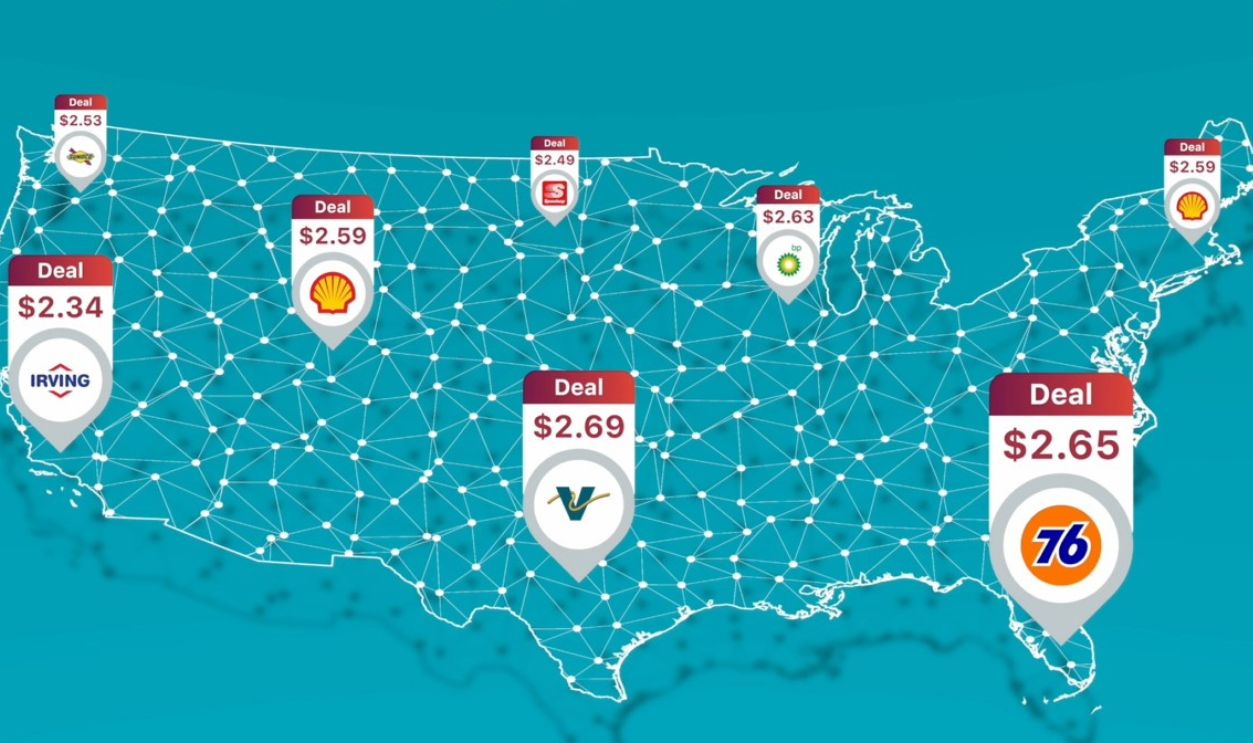 Gas Buddy Credit Card - Cash Tank by RJ Financial
Gas Buddy Credit Card - Cash Tank by RJ Financial
Bundle Car Insurance
Combining car insurance with homeowners insurance often leads to discounts. Additionally, shopping around for better rates and adjusting coverage based on actual needs can significantly lower your monthly premiums. Many insurers offer incentives for safe driving, low mileage, or paying annually instead of monthly.
Skip Drive-Thru Lines
Idling in long fast-food drive-thru lines burns unnecessary fuel. Instead of waiting, park and go inside, or better yet, skip the drive-thru altogether by making meals at home. It’s a small habit change that saves gas and money and reduces impulse fast-food spending.
Carpool To Work
You got that job. Congratulations, but can you try to share rides with coworkers or friends to cut commuting costs? Splitting gas and other fees makes sense. If a formal carpool isn’t an option, even occasional ride-sharing with a colleague can save money while reducing your car’s wear and tear.
Consider A More Fuel-Efficient Car
Don’t just drive a car that guzzles gas and looks good. Get one that works with fewer maintenance costs. Switching to a fuel-efficient vehicle can save money, so look for models with high MPG ratings or consider a hybrid. Lower fuel and repair costs can make a big difference.
Use Cashback And Rewards Programs
Cashback apps and credit card rewards can put money back in your pocket. Programs like Rakuten offer savings on everyday purchases. Just be mindful to only use credit cards if you can pay in advance each month to avoid interest charges that cancel out the savings.
Make A “No-Spend” Week
Challenge yourself to go one week each month without spending money on anything unnecessary. This forces you to get creative—cooking from what’s already in the pantry and enjoying free entertainment. These no-spend weeks reset your financial habits and help keep your budget in check.
Automate Savings
Saving money is easier when you don’t have to think about it. Automate a small transfer into savings every payday, even if it’s just $20. Over time, these small deposits add up, creating a financial cushion without feeling like a major sacrifice.
Embrace The Library
If you take the time to visit a library, you’ll be amazed to know that they also have free movies, audiobooks, and even tool rentals. Many also provide free classes, workshops, networking, and entertainment events. Instead of paying for streaming services or expensive books, maximize your local library’s free resources.
Negotiate Bills
College students come to the front; this can be helpful. Many people overpay for cable, phone, and internet services. But do you know if it is possible to call your provider to ask about promotions or negotiate a better rate? Oh, yes, you can, and this can save you yearly.
Avoid “Buy Now, Pay Later” Traps
Deferred payment plans seem convenient but often lead to unnecessary debt. If you can’t afford to pay in full, it’s usually best to wait. Interest fees and late penalties can turn a small purchase into a budget disaster. Stick to cash or debit to stay within your means.



